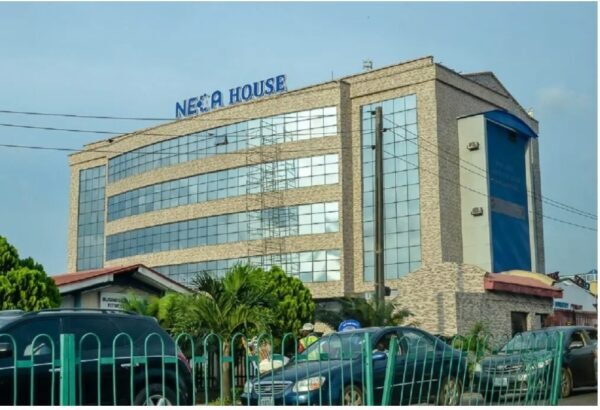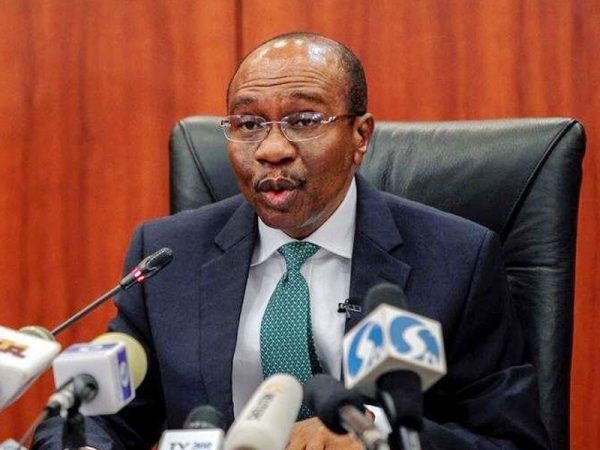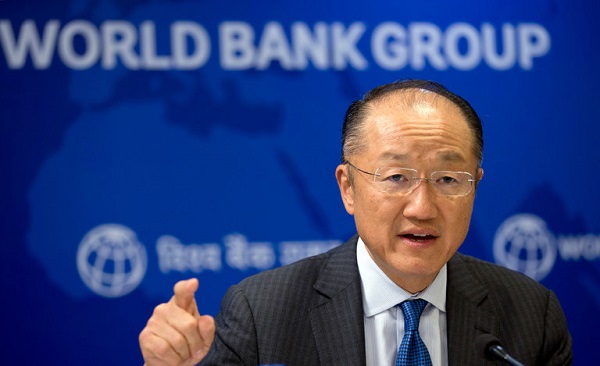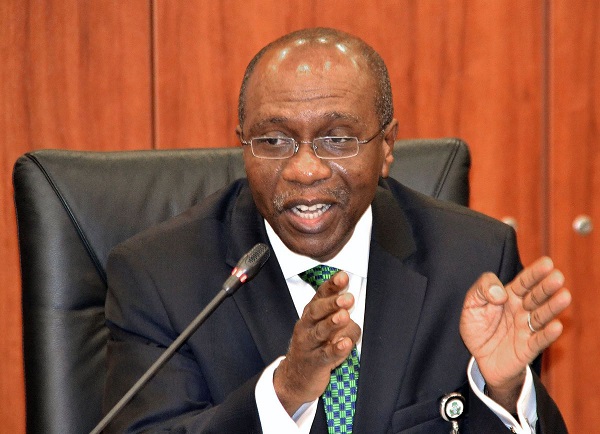Nigeria needs N10.1trillion to improve economy
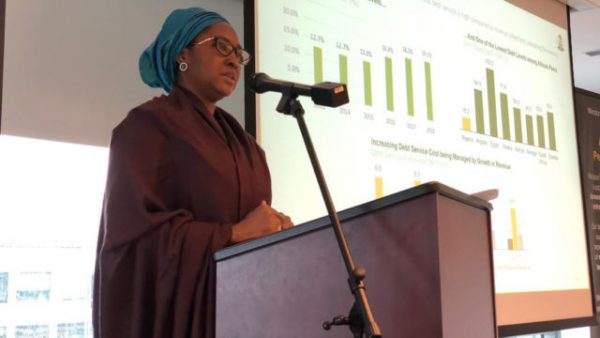
To ameliorate the impact of COVID-19 and oil price decline, Nigeria may require up to N10.1trillion worth intervention to improve the economy.
Specifically, the Nigerian Economic Summit Group (NESG), in its Macroeconomic Outlook Update, titled: “COVID–19, Global oil price and the Nigerian economy,” obtained by media source, estimates that combined government interventions should amount to seven per cent of the gross domestic product (GDP).
This, according to NESG, represents a financing gap of N5.6trillion, which must be closed considering the level of decay in the Health sector, coupled with the dominance of informal micro, small and medium scale businesses in the economy, that are in dire need of support.
“In the initial 2020 Budget, fiscal deficit stood at N2.1trillion representing 1.4 per cent of GDP, well below the stipulated three per cent in the Fiscal Responsibility Act.
However, following the downward revision of the budget, which saw the reduction of crude oil benchmark, we anticipate an expansion in the deficit. Meeting the additional financing need for COVID-19 response will require adjusting the fiscal deficit, as a share of GDP, from the stipulated three per cent in the Fiscal Responsibility Act to five per cent.”
With declining revenue, NESG projects that Nigeria’s debt position will be worsened, as the government is set to embark on massive borrowing of over N4.43trillion.
Nigeria’s total public debt, which stood at N27.4trillion as at December 2019, is expected to increase to over N30trillion in 2020. Debt servicing as a share of revenue will also increase significantly.
For a low-middle income country like Nigeria, with a slow and fragile economic growth, over 100 million individuals living in poverty, and a high unemployment/underemployment rate at 43.3 per cent, we estimate that combined government interventions should amount to seven per cent of GDP.
Despite the challenges of borrowing, NESG noted that expansionary fiscal policy remains the optimal approach to revamping the economy. For example, an increase in government spending tends to increase demand for goods and services, which also increases output and employment.
It added that Nigeria is faced with the dual problem of declining revenue and the absence of adequate savings either in the form of external reserves or fiscal buffers to finance such a huge gap.
NESG said the country needs Quantitative Easing (QE) in domestic and external borrowing to revamp the economy, adding that for the domestic, Government can issue domestic medium-to long-term bonds to raise capital, and for the external, it can secure loans from multilateral institutions such as the World Bank, IMF, International Finance Corporation (IFC), and African Development Bank (AfDB).
The Group also advised that more funding from multilateral institutions can be explored, to close the current funding gap, while the Central Bank of Nigeria (CBN) could consider the purchase of government securities to increase the money supply and encourage lending and investments.
While this approach is considered the second-best to the more conventional monetary policy approach, quantitative easing can also impact exchange rate stability and possibly spike inflation.
With the outbreak of the coronavirus, economic activities in emerging and developing countries have been subdued due to lockdowns, movement restrictions, lower foreign investment inflows, and declining commodities prices for those that rely on commodities exports.
Consequently, the IMF downgraded growth outlook for emerging and developing countries to -1 per cent in 2020, from an earlier projection of 4.4 per cent, with Nigeria, South Africa, Brazil, Mexico and Russia projected to have a negative growth rate this year.



